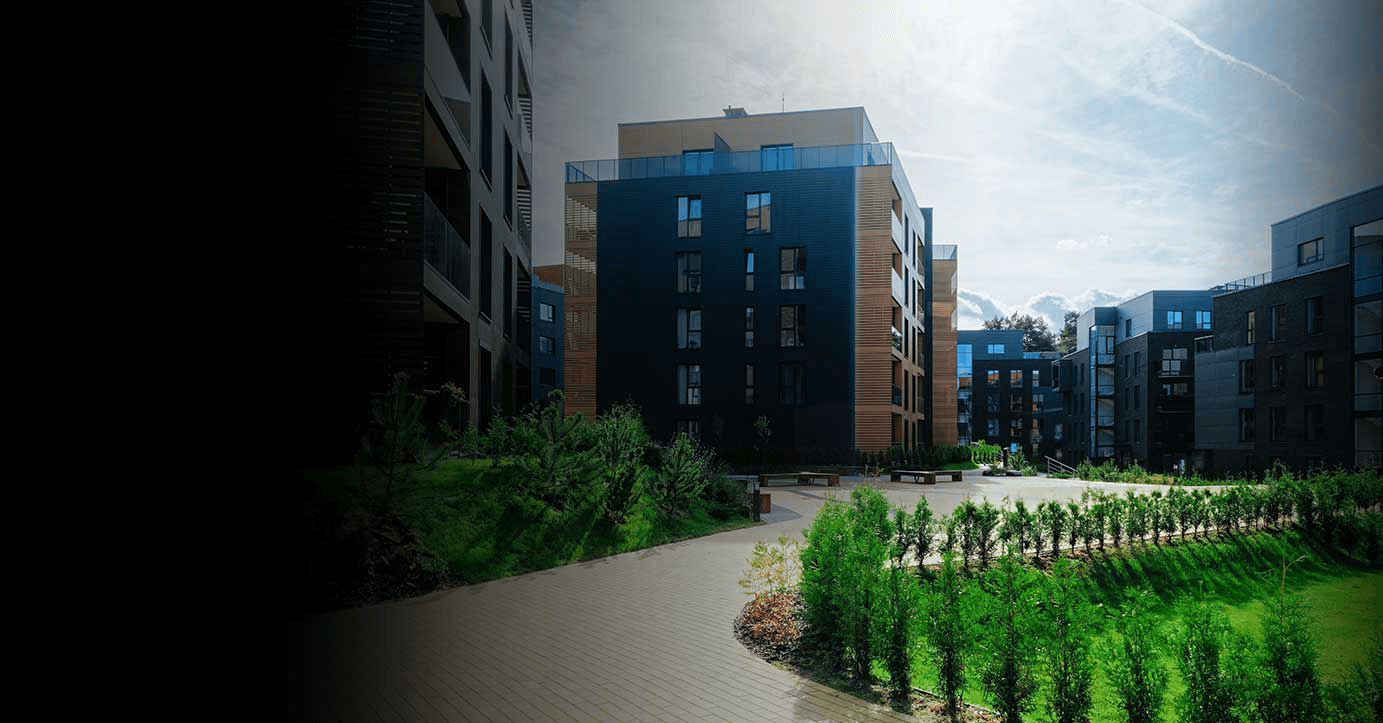Improving Multi-Dwelling Unit Internet Security Via the Strategic Deployment of VPNs
Improving Multi-Dwelling Unit Internet Security Via the Strategic Deployment of VPNs
Blog Article

In today’s digital landscape, guaranteeing the security of internet links is crucial, especially in Multi-Unit Buildings (MDUs) such as apartment buildings and condominiums . Tenants in these communal environments often connect to the same network, which can render them susceptible to online dangers. One effective way to enhance online safety in MDUs is through the tactical implementation of Virtual Private Networks (VPNs). VPNs establish a protected link over the web, enabling individuals to safeguard their private information and maintain privacy while online.
A VPN works by coding the information that transmits between a client’s device and the web. This implies that even if someone tries to intercept the information, they will not be able to access it. For residents in MDUs, using a VPN can considerably diminish the threat of information breaches and unauthorized access to personal information. By coding their internet data flow, individuals can browse the internet, watch content, and interact digitally without concern about cybercriminals or other harmful entities. This extra layer of security is particularly crucial in settings where numerous people share the same internet connection.
In protecting personal data, VPNs can also help residents reach material that may be limited in their area. Many broadcasting platforms and sites restrict entry based on location-based location. By using a VPN, users can connect to servers in different countries, allowing them to bypass these restrictions and enjoy a broader variety of internet material. This aspect can be especially attractive to inhabitants who wish to obtain global information, media, or educational resources that may not be available in their area.
Implementing VPNs in MDUs can also foster a sense of community and trust among residents. When everyone in a building uses a VPN, it creates a more secure setting for exchanging data and resources. Inhabitants can feel more comfortable utilizing shared networks for activities like digital finance or purchasing, realizing that their information use this link is safe. Additionally, building administrators can encourage the use of VPNs as part of their overall security plan, helping to establish a more secure residential environment for all.
To conclude, the strategic deployment of VPNs in Multi-Dwelling Units is an efficient way to enhance online safety for residents. By coding data, providing access to limited content, and fostering a feeling of community, VPNs offer multiple benefits that can improve the online interaction for everyone. As online dangers continue to develop, it is crucial for residents and building managers to prioritize online security and consider the benefits that VPNs can offer. Adopting this technology can lead to a more secure, more connected living space for all.